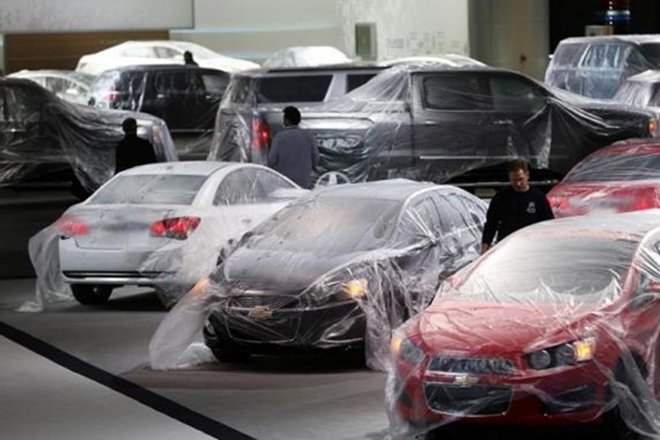
Semiconductor shortage hits passenger vehicle dispatches by 8% in Jan

Passenger vehicle dispatches from factories to dealers in India fell by eight per cent in January, mainly due to semiconductor shortage.
According to auto industry body Society of Indian Automobile Manufacturers (SIAM), the total passenger vehicle wholesales dropped to 2,54,287 units in January 2022, as compared to 2,76,554 units in the same month of last year.
Last month, passenger car dispatches stood at 1,26,693 units as compared to 1,53,244 units in the year-ago period. Similarly, van dispatches declined to 10,632 units in the period under review from 11,816 units in January 2021.
Utility vehicle sales, however, increased to 1,16,962 units last month as compared to 1,11,494 units in January 2021.
Total two-wheeler dispatches declined by 21 per cent to 11,28,293 units from 14,29,928 units in the year-ago period.
Similarly, three-wheeler wholesales dropped to 24,091 units last month as against 26,794 units in January 2021.
Total dispatches fell to 14,06,672 units last month as compared to 17,33,276 units in the same month last year.
Also read: RBI predicts FY23 GDP growth at 7.8%; no change in repo rate
“Sales in January 2022 again declined compared to January 2021, due to both Omicron-related concerns and semiconductor shortage. There is clearly a demand issue for two-wheelers due to lower rural off-take of entry level models,” SIAM director-general Rajesh Menon said.
“On the other hand, the passenger vehicle segment is unable to meet the market demand due to supply side challenges,” Menon added.
“Three wheelers continue to be severely affected due to lower sales,” Menon said.
Last month the country’s largest carmaker Maruti Suzuki dispatched 1,28,924 units as compared to 1,39,002 units in January 2021. Hyundai Motor India witnessed its dispatches decline to 44,022 units last month as against 52,005 units in January last year.
In December 2021, the Centre had announced a ₹76,000 crore incenticve scheme to promote semiconductor manufacturing in the country. The scheme, spread over six years, envisages production linked incentives to woo chip manufacturers. Announcing the scheme, Union Minister for Electronics and IT Ashwini Vaishnaw and Union Minister of State for Finance Anurag Thakur had stated that the government intended to build a semiconductor chip ecosystem that would cover ‘design, fabrication, designing, and testing.’
Chips are vital to automobile manufacturers as they manage the control, automation, and memory functions in new-generation vehicles.
(With inputs from Agencies)

